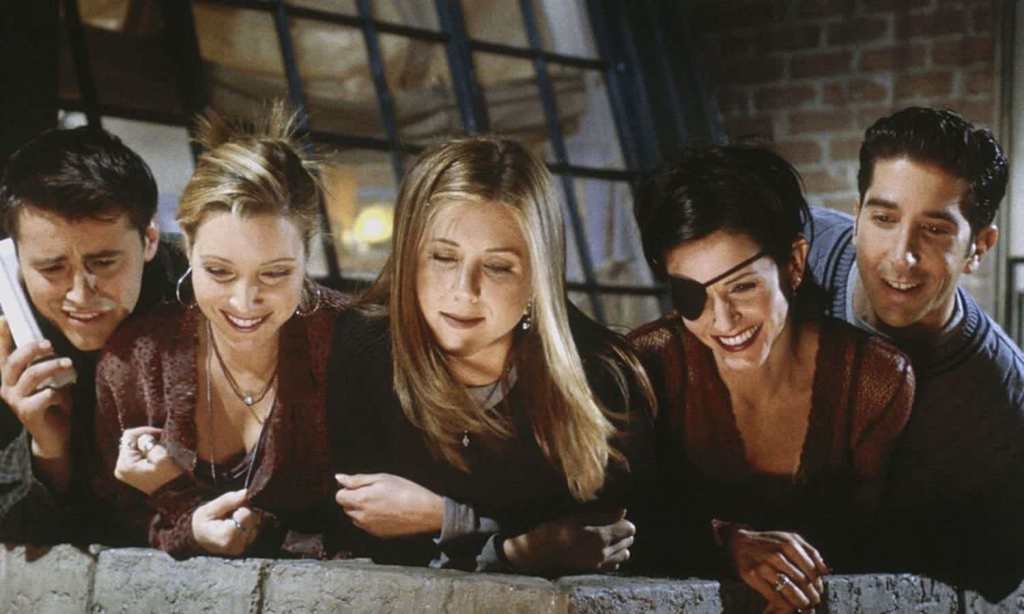There’s no doubt that Friends was reminiscent of the era it was made and as we patiently wait for the reunion, its cast members are taking a trip down memory lane.
From brick cellphones, inappropriate jokes that wouldn’t make it to screen now, smoking on prime-time television and an all-white cast, Lisa Kudrow (who played the iconic Phoebe Buffay) said the series would look very different if it were made today.
“Well, it would not be an all-white cast, for sure,” Kudrow said in a new interview with the British Sunday Times.
The sitcom, which finished 16 years ago after 236 episodes, is still one of the most-streamed TV shows in the world and was certainly an ode to the 90s and early 00s.
“I’m not sure what else, but, to me, it should be looked at as a time capsule,” Kudrow,56, said while adding: “Not for what they did wrong.”
‘This show thought it was very progressive. There was a guy whose wife discovered she was gay and pregnant, and they raised the child together? We had surrogacy too. It was, at the time, progressive.”
Kudrow isn’t the first “Friend” to feel this way.
In an interview with The Guardian back in January, co-star David Schwimmer came to the series defence, calling it “groundbreaking”.
“The truth is also that show was groundbreaking in its time for the way in which it handled so casually sex, protected sex, gay marriage, and relationships,” he said.
“The pilot of the show was my character’s wife left him for a woman and there was a gay wedding, of my ex and her wife, that I attended.”
Schwimmer went on to say that today, “so little is taken in context.”
“You have to look at it from the point of view of what the show was trying to do at the time,” he added.
“I’m the first person to say that maybe something was inappropriate or insensitive, but I feel like my barometer was pretty good at that time.
“I was already really attuned to social issues and issues of equality.”
In another interview with The Guardian last year, Aisha Tyler, who played Charlie, Ross’ girlfriend on the show, said it was apparent that the sitcom wasn’t looking to be more representative in casting her character.
“People of colour were always aware of it [the lack of diversity],’ she said. “Even at the time, people were constantly pointing out that Friends wasn’t as diverse as the Manhattan of the real world.”
“My character wasn’t written on the page to be a woman of colour, and I auditioned against a lot of other women of different ethnic backgrounds, so I like to think they picked me because I was the right person for the role.
“But I knew it was something new for the show, and it was really important because, the fact of the matter was, it was a show set in Manhattan that was almost entirely Caucasian.
“It was an unrealistic representation of what the real world looked like.”







